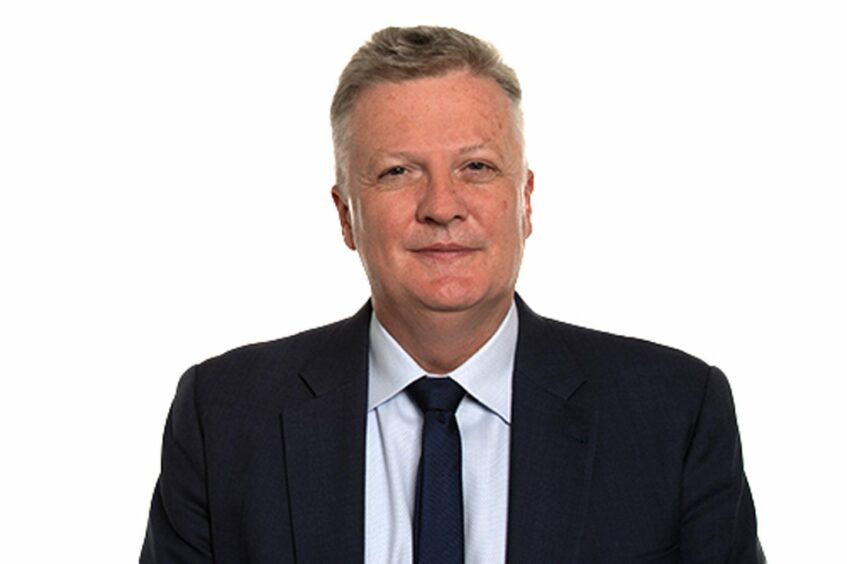
A full European embargo on Russian energy supplies will drive inflation in the U.K. even higher than the 40 year record that it is on track to reach, the Bank of England’s chief economist said.
Speaking to CNBC, Huw Pill said there are “upside risks” to consumer prices if the European Union steps up efforts to sanction oil and natural gas imports from Russia in response to its invasion of Ukraine.
The BOE’s forecast for inflation to peak at 10.2% in October, the highest since 1982. That assumes energy costs stabilise, but that could be undermined “if we were to see embargos on Russian gas and oil,” Pill told CNBC.
The EU has drawn up plans to phase out all Russian oil imports by the end of the year and pressure is growing for it to sanction gas imports as well. There are further fears that Russia may decided to turn off the taps to force the west to the negotiating table over the war in Ukraine.
Pill added that the UK’s tight labor market posed a further upside risk to inflation. Wages have been rising far more quickly than the BOE forecast just three months ago and Pill said domestically generated inflation pressures could build.
“We have been surprised by the strength in the labor market — and expect it to tighten further,” Pill said. “So there are second round effects. There is a risk that inflation becomes more self-sustaining — and that is something we have to guard against.”
He rejected comparisons with 1970s stagflation, despite BOE’s the forecast showing double digit inflation and flat growth for two years.
“We are not headed in that direction,“ Pill said. “The reason is that the monetary framework – introduced 25 years ago – has been transformational” and policy makers now are adept at spotting and fighting inflation.
The BOE was given operational independence over monetary policy, with a clear inflation target, in 1997.